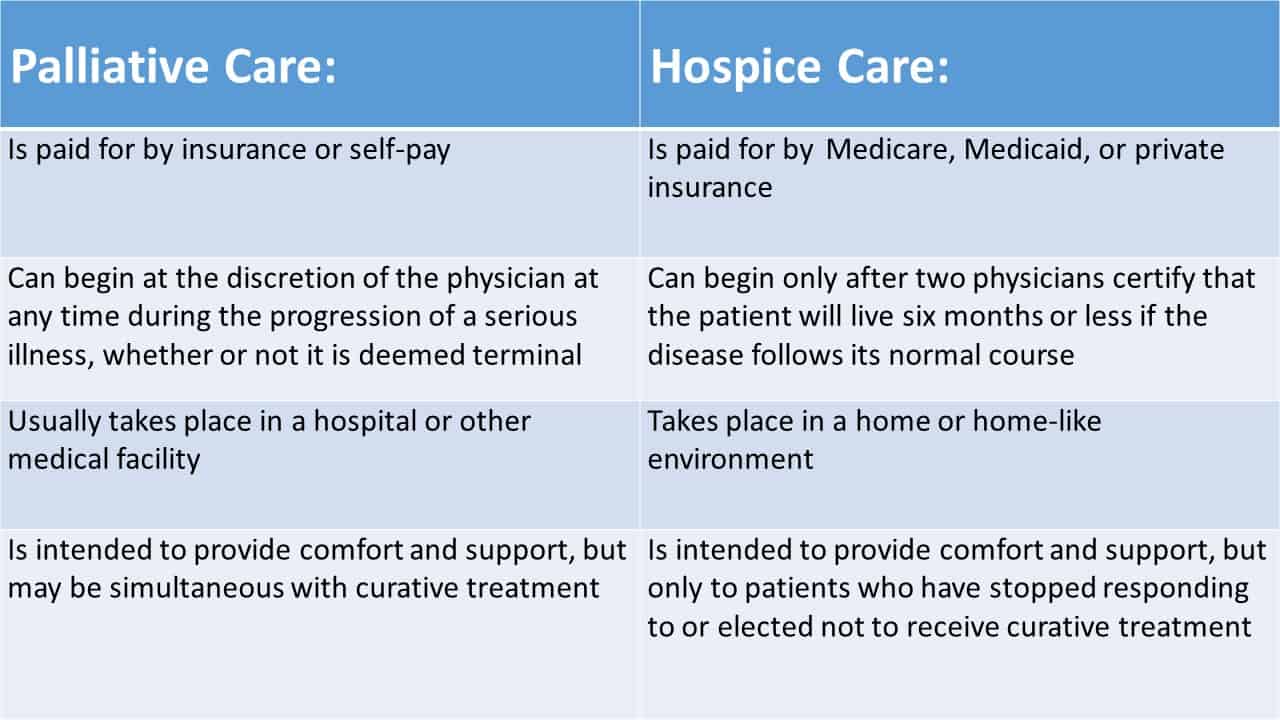“The great 13th-century poet Rumi tells us, ‘Sometimes a door opens and a human being becomes a way for grace to come through.’ I like to think that palliative care is a new door opening in the world of modern medicine, allowing healthcare professionals to be a way for grace and compassion, as well as knowledge to come through.”- Judith Redwing Keyssar, RN, BA-California State University Institute for Palliative Care.
Palliative care is a relatively new concept in healthcare. As a result, many people do not understand its definition, what it involves, and who it helps. At Crown Hospice in Victoria, TX, we offer not only hospice care, but palliative care as well, and we will take time to specifically define palliative care here.
First, palliative care is similar to hospice care, but there are important differences. In an upcoming entry, we will take time to detail the distinctions between the two. For now, the simple difference is this: while hospice care is limited to terminal patients who are no longer responding to or seeking curative treatment, palliative care is available to those who may still have curative options.
 What does palliative care do?
What does palliative care do?
Below are eight statements which outline specific characteristics of palliative care.
- Palliative care provides relief from pain and other distressing symptoms of illnesses and life-affecting conditions, whether terminal or chronic
- Palliative care is primarily intended to enhance the quality of a patient’s life, but may also contribute to or support the cure of his or her illness.
- Palliative care begins early in the course of illness and may be given along with therapies intended to cure an illness or prolong life, such as chemotherapy, radiation therapy, surgical procedures, etc.
- Palliative care is a holistic approach to patient care and integrates the psychological and spiritual aspects of patient care within its strategy for comfort and support.
- Palliative care employs an interdisciplinary team which typically includes a physician, nurse, social worker, pharmacist, chaplain, and others as needed. These professionals work together in a coordinated effort to provide the best care for the patient as well as support for family and loved ones.
- The palliative care team also provides support for loved ones as they cope with the stresses associated with the patients’ illness and with grief in the event of the patient’s death.
- Another goal of palliative care is to give patients tools and support to help them live as actively as possible throughout the course of an illness.
- Finally, palliative care both affirms life as a gift and regards death as a natural part of our journey.
Who does palliative care help?
Palliative care is for those suffering from chronic conditions who may still have curative options. The philosophy behind palliative care is similar to that of hospice care, namely, to improve quality of life. However, while hospice is limited to terminal patients, palliative care is available to the millions of people who, though not necessarily terminal, suffer from many of the same symptoms and challenges.
About half of all Americans live with at least one chronic illness. Over the next 12 years, that number is expected to increase by at least one percent per year. Typical chronic diseases include chronic pain, hypertension, arthritis, diabetes, and heart disease.
As we age, these chronic conditions tend to become more severe, frequent, and complex. Research places the number of Americans over 65 diagnosed with chronic conditions at about ninety percent, and nearly eighty percent of those report suffering from two or more concurrently.
Palliative care helps those with chronic or potentially terminal illnesses to improve their quality of life and possibly their prognosis for recovery. The fact is that millions of Americans currently suffer from conditions for which palliative care may be an option.
If you believe you or a loved one may benefit from palliative and/or hospice care, please do not hesitate to call Crown Hospice. We are here to answer all your questions regarding palliative care and how it can help improve your quality of life. Please call (361) 575-5900 today and talk with one of our caring & professional counselors.
Photo by Mike Lewis on Unsplash




